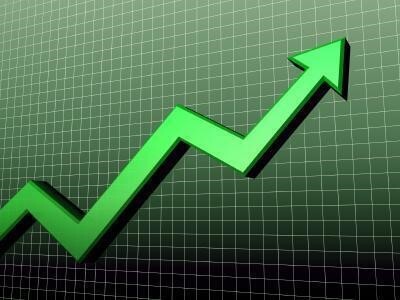

The largest integrated aluminium producer in Southeast Asia, Press Metal Aluminium Holdings Bhd, reported a 65 per cent increase in net profit for Q2 FY2024, driven primarily by higher selling prices and a stronger US dollar, which bolstered export revenues.

For the quarter ending June 30, 2024, the company posted a net profit of RM505.83 million, up from RM305.79 million in the same period last year. Revenue also increased 5.2 per cent year over year, rising to RM3.95 billion from RM3.76 billion.
However, Press Metal cautioned that macroeconomic uncertainties and rising alumina costs, driven by temporary supply disruptions, have increased expenses. The company remains optimistic, noting that these pressures are expected to ease by year-end as supply conditions stabilise.
Tan Sri Paul Koon, CEO of Press Metal, stated, "We remain optimistic about aluminium's long-term prospects as economic conditions improve."
Aluminium prices on the London Metal Exchange have declined by approximately 9 per cent from this year's peak of US$2,767.50 (RM11,930.49) per tonne on May 29. Still, they remain more than 6 per cent higher year-to-date, driven by supply constraints from sanctions on Russia and growing demand from China.
In contrast, the cost of alumina has surged due to shortages in China, an essential feedstock, which has contributed to keeping aluminium prices elevated.
Press Metal, Southeast Asia's largest aluminium smelter by capacity, reported a 55 per cent increase in net profit, reaching RM913.87 million in the first half of 2024, compared to RM587.76 million in the same period in 2023. The company's revenue also rose by 11 per cent, climbing to RM7.57 billion from RM6.83 billion.
Press Metal said, “Our strengthened financial position enables us to capitalise on the opportunities arising from the ongoing shift towards renewable energy and the relocation of manufacturing to Southeast Asia.”
“We also observed increased aluminium premiums, mainly driven by escalating global freight costs,” Tan Sri Paul Koon said.
“Persistent macroeconomic uncertainties and weaker-than-expected economic data dampen business confidence and demand.”
“Additionally, rising alumina prices resulting from temporary supply interruptions are impacting the smelter’s cost structure, though we anticipate these pressures to ease by year-end as supply normalises,” he said.
The CEO noted that unresolved external factors intermittently challenge the outlook for global aluminium demand.
Responses








